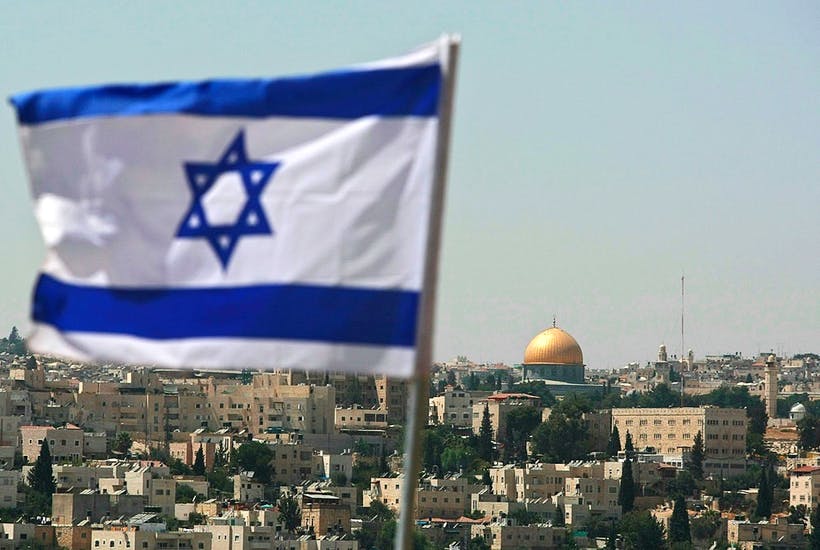Israel has been working closely with other countries and international companies, developing and producing vaccines against Covid-19. At the same time, the Middle Eastern country is rapidly improving relations with its Gulf neighbours, the latest evidence being the appointment of a new UAE ambassador to Israel.
A major shift has taken place in Israel — 20 years ago the country was under siege from terrorists, with bus bombings rocking Jerusalem and terror attacks in the heart of Tel Aviv. Just a few years ago Israel was fighting a major war in Gaza against Hamas, a war that is the subject of an inquiry by the International Criminal Court.
For many years Israel has attempted to re-brand itself using public diplomacy and showcasing its tech sector and vibrant society. However, these accomplishments were often overshadowed by the perception of Israel as a conflict zone. The change in perception has come slowly and Israel’s success in vaccinating the public is one example of how the country stands out.
Israeli Prime Minister Benjamin Netanyahu said that by joining forces, three small countries — Israel, Denmark and Austria — could better meet current challenges, a rare example of international co-operation.
On the European front, Israel is doing well and in the Middle East the country’s new deals with the UAE and Bahrain are leading to economic initiatives and even potentials in the defence sector. The Gulf states and Israel have many common interests in the region and there have been persistent rumours that Saudi Arabia could join its neighbours in moving closer to Israel.
Read the article by Seth J. Franzman in The Spectator.

